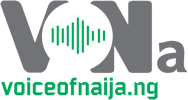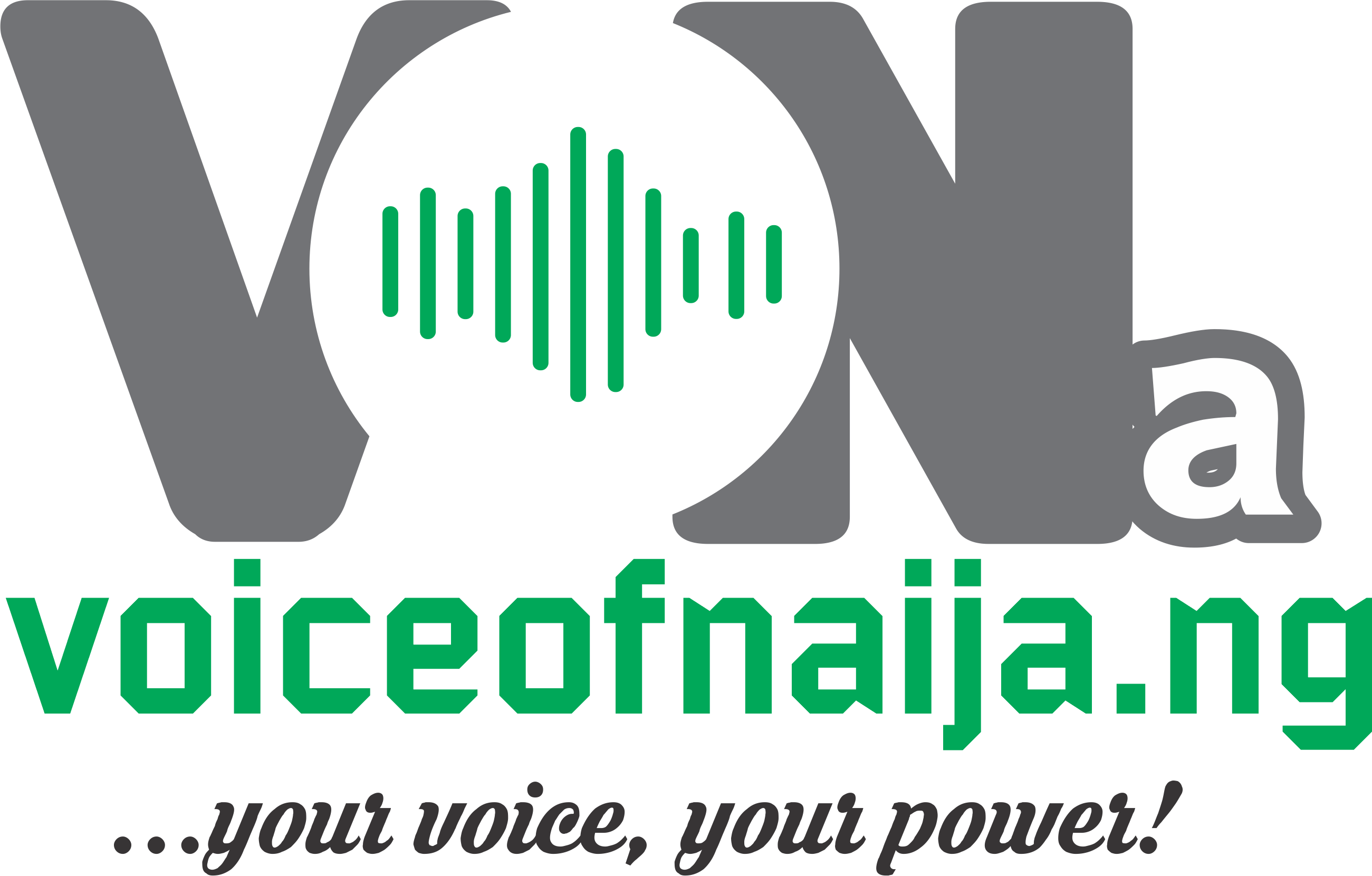ENUGU, Nigeria (VOICE OF NAIJA)- The Nigeria Labour Congress (NLC) strongly criticizes the World Bank’s suggestion to increase the price of petrol to N750 per litre, deeming it mischievous and a threat to the nation’s economy.
NLC President, Joe Ajaero, warns of potential consequences, accusing the World Bank of attempting to destabilize Nigeria’s long-term development plans.
In a statement titled “World Bank’s N750 a Litre for Premium Motor Spirit is a Threat to Nigeria’s Economy,” the NLC asserts that the World Bank’s advice is laced with mischief, designed to disrupt not only the nation’s economy but also its development trajectory.
The statement reads in part: “NLC vehemently rejects the recent advice by the World Bank urging the Nigerian government to increase petrol prices to N750 per litre. The World Bank’s lead economist for Nigeria, Alex Sienaert, corroborated this unwarranted recommendation during a presentation in Abuja, reinforcing the need for the government to abandon its commitment to the people and embrace policies that only serve the interests of foreign entities.”
NLC contends that the World Bank’s track record demonstrates a disregard for the welfare of citizens, emphasizing that such recommendations exacerbate economic disparities and threaten the livelihoods of Nigerians.
The statement concludes with a call for Nigeria to govern itself without external interference, asserting that the World Bank’s stance against the revival of domestic refineries is counterproductive and insisting that the country’s leaders tap into internal resources to formulate policies that uplift the standard of living for all citizens.
READ ALSO: Federal High Court Ignores NLC, TUC’s Strike Order
NLC said the advice, “further demonstrates to doubting Thomases that the Bretton Wood institutions who are the arrowheads of the neoliberal school is not pro-poor but is steeped in predatory policies that beggar the poor so that the rich will become richer.
“It is truly a shame that the World Bank has really shown itself to be an enemy of the Nigerian nation. Its continued grandstanding and generation on anti-poor policies and programmes have destabilised many countries of the South, especially nations within the sub-Saharan region.
“The difficulties and suffering created by the last hike in the price of PMS, which was a product of the advice of the World Bank and its sister-institution, the IMF, are still ravaging the nation destroying in its wake the nation’s industrial base and domestic manufacturing capacity which favours Western metropoles.
“We remind the government that Nigeria should not allow foreign entities like the World Bank and the IMF to dictate economic policies that are detrimental to the welfare of its citizens.
“It is imperative that our leaders look inwards, tapping into the vast resources and human potential within our nation to address challenges and formulate policies that genuinely uplift the standard of living for all Nigerians.
READ ALSO: Naira Under Pressure, Nigeria May Seek Dollar Loan – IMF
“The NLC stands firm in its conviction that foreign interventions, particularly those dictated by the World Bank and IMF, have a history of exacerbating economic disparities in third-world countries.
“We assert that it is not only impractical but truly immoral for the World bank to persistently advocate for policies that endanger the lives and livelihoods of citizens, imperiling our nation.
“It is a predatory institution which the Global North uses to justify its crimes against the South. It is almost single-handedly responsible for the ruination of the economies of countries of the global South for which it prescribes one fit solution for all their ailments.
“The history of the failure of World bank’s prescription all over the world is well-known. It therefore baffles us that such institution with such history of failure in the past; a track record of failed recommendations; would still have the courage to make prescriptions to a country that is one of its past victims.
“World Bank continues to be against the coming back on stream of our domestic refineries as its prescription is based on its imaginary import template instead of advising the government to ensure that the domestic refineries come back on stream.
“The World Bank should allow Nigeria to govern itself and stop its meddlesomeness in our internal affairs which we consider very rude and insensitive.
“World Bank is truly part of the problem of Nigeria.”




